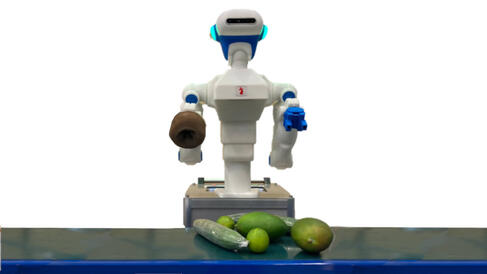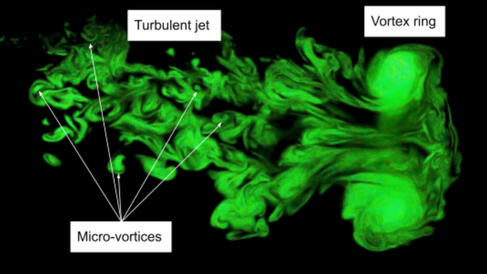James Dyson Foundation Bursary
Introduction
In 2011, the James Dyson Foundation established a series of bursaries to support 4th year engineering student projects. They fund these awards as a gift to the University, aiming to inspire schoolchildren to explore careers in engineering.
They are targeted at projects that focus on problem solving and design, and which offer excellent opportunities for outreach work in schools. The selected project students receive extra funding for their final year project and at the end of the year, present their work to visiting schoolchildren in a special outreach event known as 'Dyson Day'.

Details
Each bursary has a total value of £1000. This sum is made up of £700 which is available for project-related expenses, and a £300 payment to the project student. The outreach component is central to the wishes of the Foundation, and those awarded a bursary are obliged to participate in the Dyson Day outreach event on the last Friday term in June. This will involve preparing a presentation and a hands-on activity relating to the project, and a writing report summary that describes their project in a way that will inform, educate and inspire schoolchildren.
Students with completed projects can also submit them for the James Dyson Award, an international student design competition with significant prize money and media exposure.
Historical Projects Collection
Over 80 student projects have been funded by the James Dyson Foundation at Cambridge Department of Engineering since 2011. Projects include timber skyscrapers, a portable liver fat sensor and a pixel-less display. You can download the project and outreach activities summaries from our
Historical Projects Collection Page

Eligibility Criteria
Applications for James Dyson Foundation Undergraduate Bursaries will only be considered if the following criteria are satisfied.
1. The proposed project must be a CUED IIB (Fourth Year) Engineering project.
2. The proposed project must not include any significant corporate involvement.
3. The proposed project should focus on either engineering design, product design or advanced problem solving.
4. The project should have the potential to inspire schoolchildren to pursue a career in engineering.
Application Procedure
The application deadline is usually in November for that same academic year. Successful candidates will be announced in December. For precise dates, please download and read the application form. You'll need to be logged in to your @cam account to view it.
Students will need the consent of their project supervisor before submitting. And they should make them aware of the relevant information in the section below.
Information for Supervisors
Each successful candidate's project supervisor will be given spending privileges on a CUED job number credited with £700. The funds can be used for project-related expenses such as student travel, equipment, consumables and software. All expenses must be directly related to the project that has been granted the bursary and are subject to the Engineering Department's normal purchasing rules.
Supervisors are responsible for ensuring that the project is not overspent. They can spend against the associated job number during the academic year in which the project runs. Accounts will close on 1st August each year, with any unspent funds being used to fund extra projects in future years.
Successful candidates must confirm receipt of the award by completing an agreement that they sign with their supervisor.
The form is available on the application page. You'll need to be logged in to your @cam account to view it.
